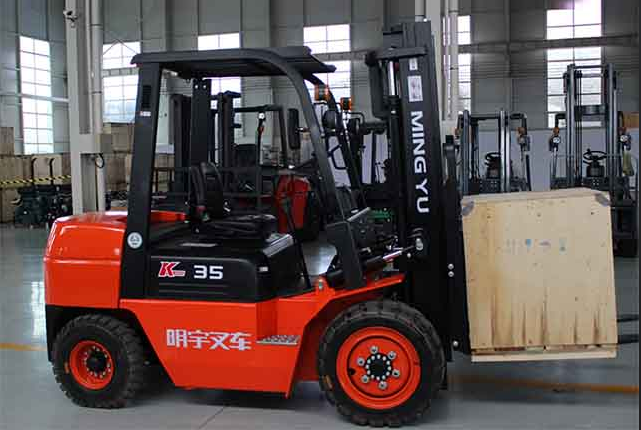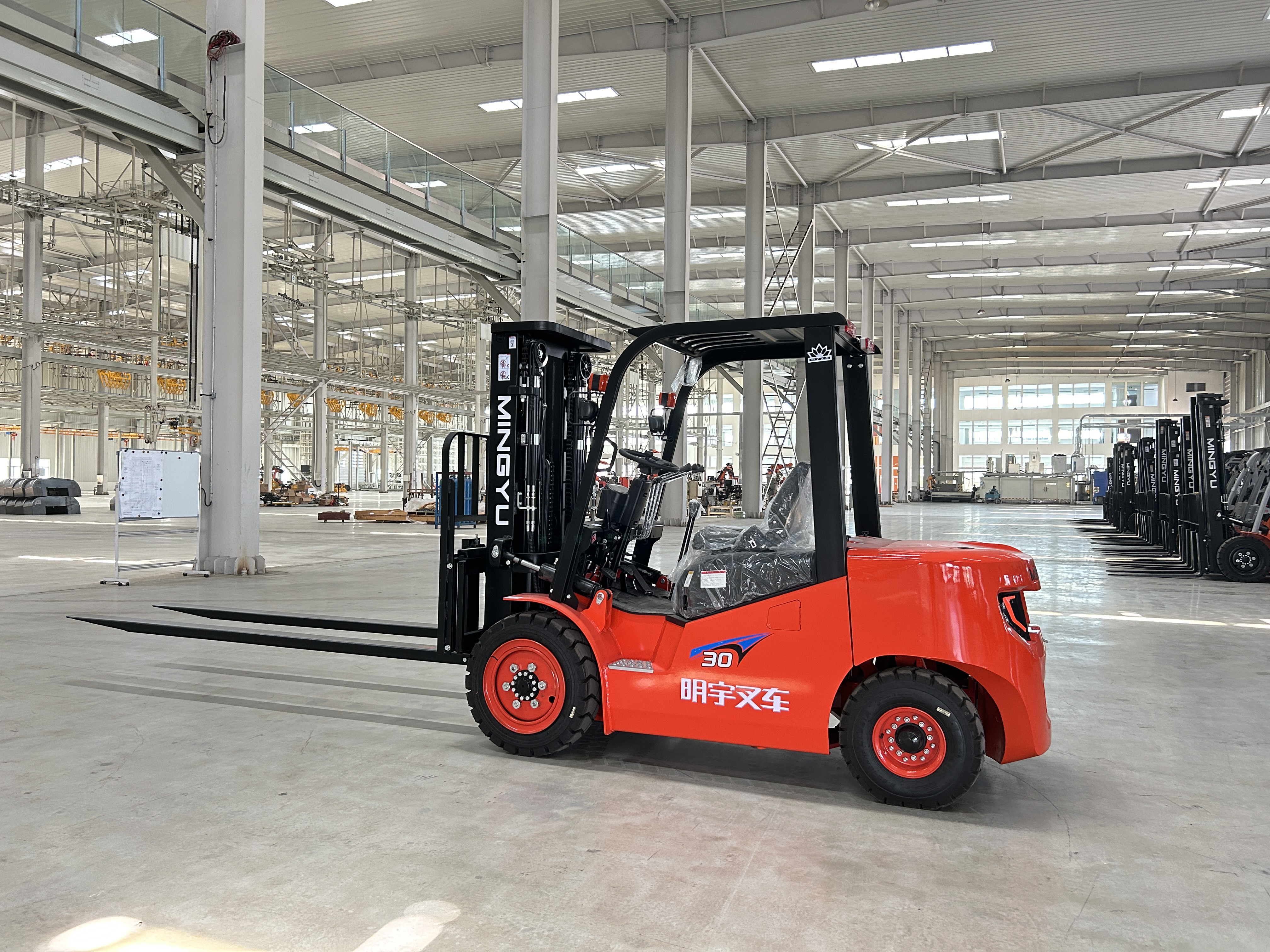Introduction
Diesel forklifts are powerful and durable machines commonly used in outdoor environments. However, the question of whether they can be used indoors is a complex one, with various factors to consider. While diesel forklifts offer advantages like high power and long operating times, their use indoors can pose significant risks to both human health and the environment.

The Risks of Indoor Diesel Forklift Use
Air Pollution
- Harmful Emissions: Diesel engines release harmful pollutants, including nitrogen oxides (NOx), particulate matter (PM), and carbon monoxide (CO).
- Health Risks: Exposure to these pollutants can lead to respiratory problems, lung diseases, and other health issues.
Fire Hazard
- Hot Engine Components: Diesel engines generate significant heat, increasing the risk of fire ignition.
- Fuel Spills and Leaks: Fuel spills can pose a serious fire hazard, especially in enclosed spaces.
Noise Pollution
- High Noise Levels: Diesel engines produce high levels of noise, which can lead to hearing loss and stress.
- Regulatory Compliance: Noise regulations may restrict the use of diesel forklifts in certain areas.
Factors to Consider for Indoor Use
To mitigate the risks associated with indoor diesel forklift use, several factors must be considered:
- Ventilation: Adequate ventilation is crucial to disperse harmful emissions and maintain safe air quality. Industrial-grade ventilation systems can help to reduce the concentration of pollutants.
- Emission Control Systems: Modern diesel engines are equipped with advanced emission control systems that can significantly reduce harmful emissions. However, these systems require regular maintenance and inspection to ensure optimal performance.
- Fire Safety Measures: Implementing fire safety measures, such as fire extinguishers, sprinkler systems, and smoke detectors, is essential to minimize the risk of fire.
- Noise Reduction: Noise reduction techniques, such as soundproofing enclosures and acoustic barriers, can help to reduce noise levels.
Alternatives to Diesel Forklifts for Indoor Use
Given the risks associated with indoor diesel forklift use, it is advisable to consider alternative options:
- Electric Forklifts: Electric forklifts are zero-emission vehicles that produce minimal noise. They are ideal for indoor applications, especially in enclosed warehouses and manufacturing facilities.
- LPG Forklifts: Liquefied petroleum gas (LPG) forklifts offer a cleaner alternative to diesel. While they produce some emissions, they are significantly less polluting than diesel.
Conclusion
While diesel forklifts are powerful and versatile machines, their indoor use should be carefully evaluated and implemented with appropriate safety measures. In many cases, electric or LPG forklifts offer safer and more environmentally friendly alternatives for indoor material handling operations. By considering the risks and benefits of each option, businesses can make informed decisions to protect both their workers and the environment.
Post time:Nov.18.2024

